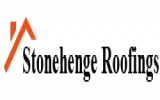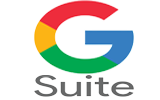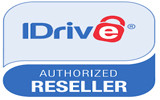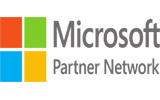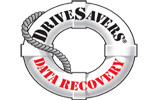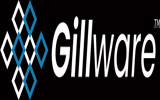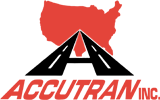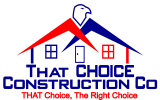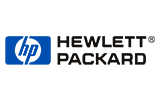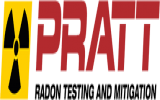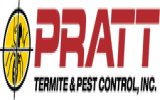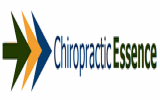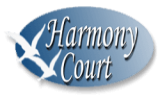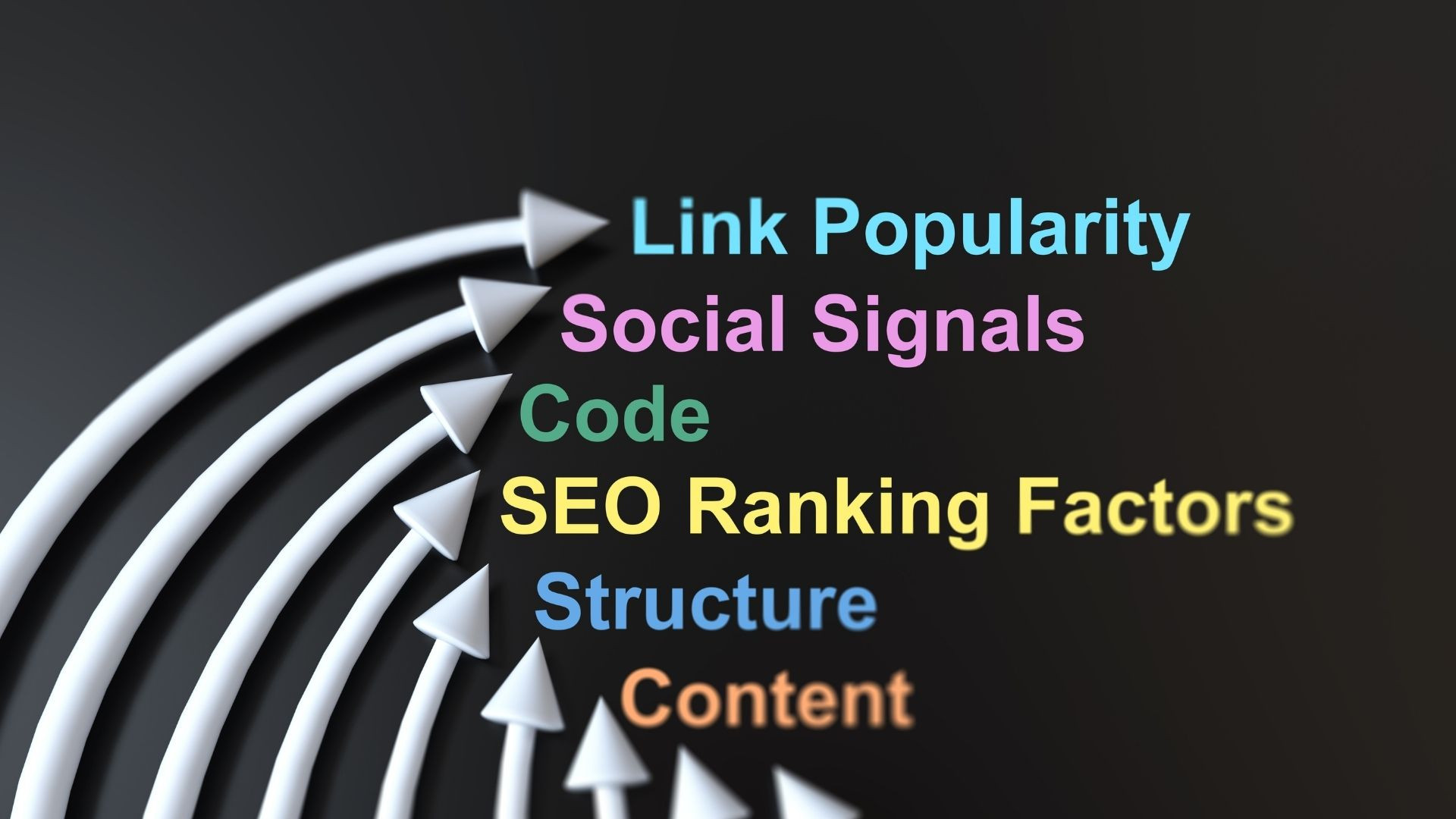
How to Do Off-Page SEO: The Complete 5W1H Guide for 2025
- By: Admin
- Computer Tips & Tricks/ Search Engine Optimization (SEO)
- 0 comment
How to Do Off-Page SEO: The Complete 5W1H Guide for 2025
Off-page SEO extends beyond your website's boundaries to build authority, trust, and credibility in the digital landscape. While on-page optimization focuses on elements you directly control, off-page SEO leverages external signals that demonstrate your website's value to search engines.
Understanding and implementing effective off-page SEO strategies can dramatically improve your search rankings, organic traffic, and online visibility.
What is Off-Page SEO?
Off-page SEO encompasses all optimization activities performed outside your website to improve search engine rankings. These external signals help search engines evaluate your site's authority, relevance, and trustworthiness.
Primary off-page SEO components include:
- Backlink acquisition from high-quality websites
- Social media signals and engagement
- Brand mentions across the internet
- Guest posting on authoritative platforms
- Influencer partnerships and collaborations
- Local citations for businesses
- Online reviews and reputation management
- Content syndication and distribution
These elements work together to create a comprehensive digital footprint that signals expertise and authority to search engines.
Why Off-Page SEO Matters
Off-page SEO delivers substantial benefits that directly impact your website's search performance:
Enhanced Domain Authority: Quality backlinks from reputable websites increase your domain's perceived authority, leading to higher rankings across all pages.
Improved Trust Signals: External validation through backlinks, mentions, and reviews builds credibility with both search engines and users.
Increased Referral Traffic: Strategic off-page activities generate direct traffic from other websites, expanding your audience beyond organic search.
Brand Recognition: Consistent mentions and links across the internet improve brand awareness and establish thought leadership in your industry.
Competitive Advantage: Strong off-page SEO profiles often differentiate successful websites from competitors in search results.
Google's algorithm considers over 200 ranking factors, with off-page signals accounting for a significant portion of ranking determination.
Who Needs Off-Page SEO
Off-page SEO benefits various types of websites and businesses:
E-commerce Stores require strong off-page signals to compete in competitive product categories and build customer trust through reviews and social proof.
Local Businesses depend on citations, reviews, and local backlinks to dominate local search results and attract nearby customers.
Content Publishers need authoritative backlinks and social signals to establish credibility and reach wider audiences.
SaaS Companies leverage off-page SEO to build industry authority and generate high-quality leads through thought leadership.
Service Providers use off-page optimization to demonstrate expertise and attract clients through referrals and partnerships.
Any website competing for organic visibility benefits from strategic off-page SEO implementation.
When to Focus on Off-Page SEO
Off-page SEO timing depends on your website's current status and optimization level:
After On-Page Foundation: Ensure your website has solid on-page optimization before pursuing external signals. Search engines need to understand your content before valuing external endorsements.
During Content Growth Phase: As you publish valuable content, simultaneously promote it through off-page channels to maximize reach and link acquisition opportunities.
Continuously Throughout SEO Strategy: Off-page SEO requires ongoing effort rather than one-time implementation. Consistent relationship building and content promotion yield better results.
Before Competitive Seasons: Start off-page campaigns well before peak business periods to build authority that supports rankings during crucial times.
When Competitors Are Active: Monitor competitor off-page activities and respond strategically to maintain or improve your competitive position.
The most effective approach involves integrating off-page activities into your overall content and marketing strategy.
Where to Focus Off-Page SEO Efforts
Strategic off-page SEO targeting maximizes impact and efficiency:
Industry-Relevant Websites
Target websites within your niche or related industries for backlinks and partnerships. Relevance matters more than raw authority for effective link building.
Focus on websites your target audience frequently visits and trusts for information in your field.
High-Authority Platforms
Prioritize established platforms with strong domain authority, such as industry publications, news sites, and authoritative blogs.
These platforms provide valuable link equity and exposure to broader audiences.
Social Media Networks
Maintain active profiles on platforms where your audience engages most frequently. While social signals may not directly impact rankings, they influence brand awareness and traffic.
Local Directories and Citations
For local businesses, ensure consistent NAP (Name, Address, Phone) information across relevant directories, review sites, and local platforms.
Niche Communities and Forums
Engage authentically in industry forums, Reddit communities, and specialized platforms where your expertise adds value.
How to Execute Off-Page SEO Strategies
1. Build High-Quality Backlinks
Create Link-Worthy Content: Develop comprehensive resources, original research, infographics, and tools that naturally attract links from other websites.
Guest Posting Strategy: Identify authoritative websites accepting guest content in your niche. Pitch unique, valuable topics that benefit their audience while including natural links to your content.
Resource Page Outreach: Find websites with resource pages relevant to your content. Reach out with compelling reasons why your content deserves inclusion.
Broken Link Building: Identify broken links on relevant websites and suggest your content as a replacement, providing value while gaining backlinks.
2. Leverage Social Media Signals
Content Amplification: Share your content across social platforms to increase visibility and potential link acquisition opportunities.
Community Engagement: Participate actively in industry discussions, answer questions, and share expertise to build relationships and brand recognition.
Social Proof Development: Encourage social sharing and engagement on your content to demonstrate popularity and relevance.
3. Secure Brand Mentions
Monitor Brand Mentions: Use tools like Google Alerts or Mention to track when your brand is discussed online, then reach out to convert unlinked mentions into backlinks.
PR and Outreach: Develop newsworthy content and pitch stories to journalists and bloggers in your industry for potential coverage and links.
Influencer Collaborations: Partner with industry influencers for content collaborations, reviews, or mentions that expand your reach.
4. Optimize Local SEO Signals
Citation Building: Ensure consistent business information across local directories, review sites, and industry-specific platforms.
Review Management: Actively seek positive reviews on Google My Business, Yelp, and industry-relevant review platforms.
Local Link Building: Partner with local organizations, sponsor community events, or collaborate with other local businesses for mutual link exchanges.
5. Content Syndication
Platform Distribution: Republish content on platforms like Medium, LinkedIn, or industry publications with proper canonical tags to avoid duplicate content issues.
Podcast Appearances: Share expertise on relevant podcasts to build authority and gain exposure to new audiences.
Webinar Participation: Join or host webinars in your industry to demonstrate expertise and build relationships with potential link partners.
Measuring Off-Page SEO Success
Track key metrics to evaluate off-page SEO effectiveness:
- Backlink Growth: Monitor the quantity and quality of new backlinks using tools like Ahrefs or SEMrush
- Domain Authority: Track improvements in domain authority scores over time
- Referral Traffic: Measure traffic coming from external websites through Google Analytics
- Brand Mention Volume: Monitor the frequency and sentiment of brand mentions across the internet
- Social Engagement: Track shares, comments, and engagement on social media content
- Local Visibility: For local businesses, monitor local pack rankings and citation consistency
Regular monitoring helps identify successful strategies and areas needing improvement.
Common Off-Page SEO Mistakes to Avoid
Low-Quality Link Building: Avoid link farms, paid links, and irrelevant websites that could result in search engine penalties.
Neglecting Relationship Building: Focus on building genuine relationships rather than transactional link exchanges.
Ignoring Content Quality: Ensure the content you promote through off-page channels provides genuine value to audiences.
Inconsistent NAP Information: Maintain consistent business information across all online platforms and directories.
Overemphasis on Quantity: Prioritize high-quality, relevant backlinks over large volumes of low-quality links.
Start Building Your Off-Page SEO Strategy
Off-page SEO requires patience, consistency, and strategic thinking. Begin by auditing your current off-page profile, then develop a comprehensive strategy that aligns with your business goals and target audience.
Focus on building genuine relationships, creating valuable content, and earning authentic endorsements from authoritative sources in your industry.
Ready to boost your website's authority and rankings? Start implementing these off-page SEO strategies today and watch your organic visibility soar over the coming months.
Word Count: 1,200 words

